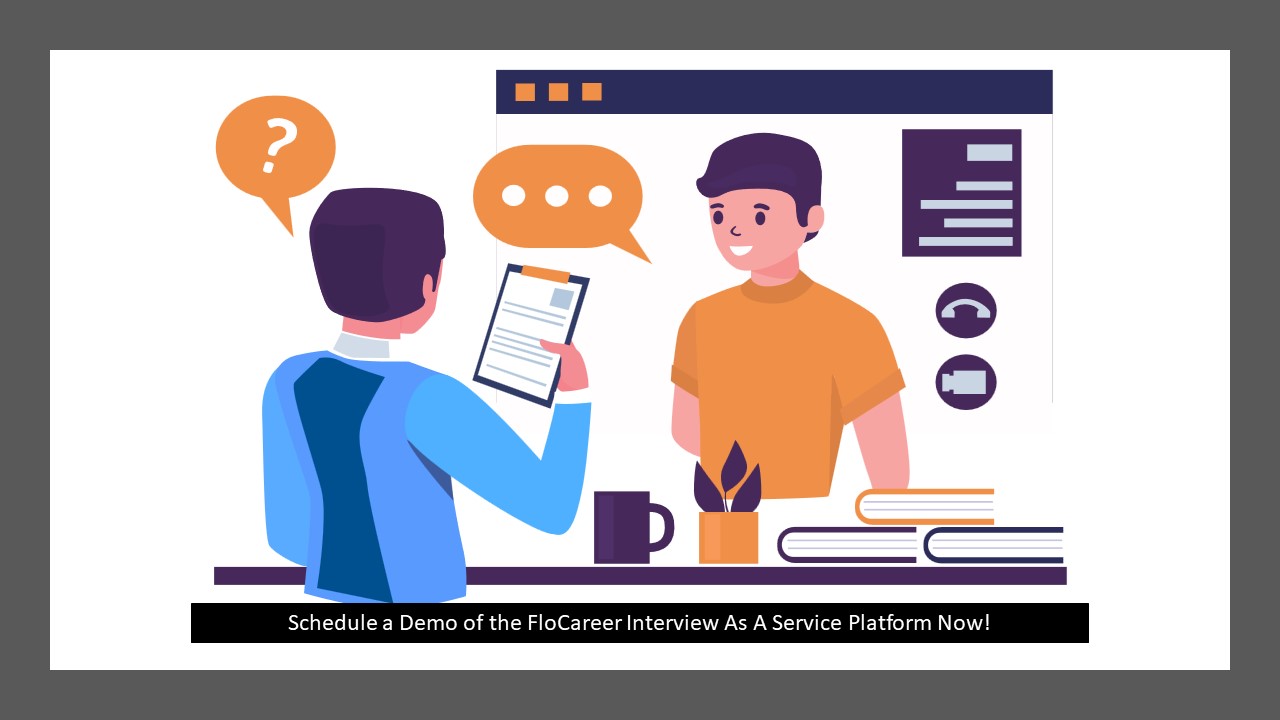A former British Airways pilot was sentenced to a year in jail after pleading guilty to falsifying his flying experience. The pilot falsely claimed to have flown 1,610 hours as a captain and fabricated training certifications while applying for a job with BA CityFlyer. He was handed the 12-month sentence after pleading guilty to four counts of fraud and two breaches of the Air Navigation Order 2016, which regulates safety standards, according to the Civil Aviation Authority and court documents seen by The Times of London.
Unfortunately, interview fraud is rampant and indiscriminate in its tendency to pop up in a wide variety of industries. While a fraudulent interview candidate may not lead to a life or death situation like in aviation, the cost of interview fraud can still significantly impact your company with regard to time, money, and reputation.
The Covid-19 pandemic has dramatically transformed global economies and permanently altered the lives of people everywhere. Its impact has been felt keenly by companies of all sizes who have been forced to rethink how employees work and are hired. While many everyday tasks have moved online, positively impacting work-life balance, productivity, and happiness, this shift has also brought an onslaught of challenges that recruiters haven’t had to deal with previously.
Interview fraud, in particular, has become a source of concern for many companies worldwide that now rely on remote hiring. Candidates who are lured by the appeal of top tech jobs and face pressure from their families may be motivated to land these jobs at any cost. Securing a job that leads to the invaluable H1-B visa, often seen as a ticket to immigration to the US, can be a powerful driver for many international candidates to commit interview fraud.
It has become crucial for recruitment experts to adapt to the latest interview formats and develop skills and techniques to mitigate interview fraud.
What are the most common methods of interview fraud?
Although candidates keep coming up with newer methods of interview fraud, here are some of the most common ones you should look out for.
Fake resumes
Unsurprisingly, candidates often pad their resumes with exaggerated statements and experiences. Fraudulent resumes are often structured similarly, with the usual four sections (name, summary, experience, and education), but may feature a suspicious number of in-demand skills to appear more hireable Some important things to consider when checking the veracity of resumes are sudden and inexplicable gaps in employment, seemingly illogical career moves, lack of detail in explaining skills, and unexplained periods of self-employment.
Checking if the candidate has listed any LinkedIn or GitHub profiles to back up their resume can be a way to discard resumes that lack substance.
Source: Filtered
Consulting external resources
Engineering and software design interviews often entail technical discussions about the scope and requirements of the job. Many candidates try to cheat in this part of the interview by quickly Googling the solution or looking it up on Stack Exchange. This is, unfortunately, a problem unique to the online mode of interviewing.
Candidates who take too long to answer a question, or seem to be moving their hands or eyes, perhaps to navigate another screen or look towards another person, might be engaging in these behaviors. However, making the technical questions scenario-based or open-ended and checking the ability of the applicant to apply theoretical knowledge to real-world problems might allow interviewers to filter out such applicants. The technical interview round could also be made open-book, or candidates could be allowed internet access to circumvent these issues entirely.
Lip-syncing during interviews
Some candidates go a step further to defraud recruiters by having a more knowledgeable friend or hired expert feed them answers through an earpiece or by using voice modulators to impersonate the person appearing for the interview.
FloCareer’s interview experts have caught applicants covering their mouths or trying to lip-sync to the audio and have seen through common excuses to hide this malpractice, such as claiming a patchy internet connection or citing the inability to turn on their video cameras.
Our expertise enables us to pick up on dead giveaways like awkward facial expressions or candidates mouthing words that don’t match the audio. FloCareer also does not allow candidates to connect to the video with multiple lines, which could be another possible sign of interview fraud.
Proxy participants
Another often used interview fraud method includes proxy representation. In such a case, the candidate appearing for the interview is an entirely different person from the one seeking to be hired for the job. This tactic is resorted to by candidates because the proxy has more experience or technical knowledge and is more likely to ace the interview.
While asking for ID cards can ferret out those likely to use proxies, genuine interviewees can perceive this as unwarranted, which contributes to an overall negative interview experience. This is a risk that most recruitment firms cannot take. While these fraudulent candidates often get caught at the physical interview stage or on the job when they can’t apply their learnings, the ordeal reflects poorly on the talent hiring organization.
FloCareer’s expert interviews are skilled at cross-verifying the background details of the candidate before moving on to the technical questions. These may entail questions about their education, past job experiences, skill sets, and language proficiencies. Any hint that the candidate is faltering while answering questions about their own life is a red flag that our skilled interviewers can pick up immediately.
FloCareer Implements structural changes to counter interview fraud
These tactics listed above are the most common ways that bad-faith candidates try to defraud the system to secure lucrative jobs. While the mitigating measures we use deal with identifying fraudulent candidates at the time of the interview, our experts take many additional steps to address the issue at a more fundamental level.
First, the interviewing team should include not just HR representatives but also professionals who are well versed in the technical aspects of the job. FloCareer performs this crucial role by having a technical expert like a data scientist conduct interviews for data science jobs to better assess candidates’ real skills.
While internal hiring teams may not probe the candidates’ backgrounds in great detail for fear of appearing suspicious and alienating applicants, FloCareer’s interviewers are trained to be persistent with their line of questioning when they feel that candidates might be fraudulent. We also perform an internet connectivity test at the beginning of the interview to circumvent excuses to reschedule the meeting due to poor internet connectivity.
At the conclusion of each FloCareer interview, our experts prepare a customized evaluation of each candidate. If we identify fraudulent tactics, they are detailed in the report, and we recommend that the candidate not proceed further down the hiring funnel.
FloCareer's experts can not only assess technical capability, but they can also mitigate the risks that costly interview fraud can have on your business. Request a live demo of Flocareer now!




